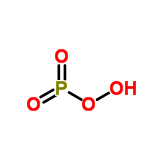Search equation
Please enter the reactant or product to start the search
5HNO3 + P → H2O + 5NO2 + H3PO4 | , Phản ứng oxi-hoá khử
HNO3 | nitric acid | solid + P | phosphorus | solid = H2O | water | solid + NO2 | nitrogen dioxide | solid + H3PO4 | Sonac; Phosphoric acid; Orthophosphoric acid; Phosphoric acid hydrogen | solid | Temperature: temperature, Other Condition excess chlorine
Introduce
-
Detailed information about the equation
-
Detailed information on the reactants
-
Detailed information about the products of the reaction
Information about NO2 (nitrogen dioxide)
Information about H3PO4 (Sonac; Phosphoric acid; Orthophosphoric acid; Phosphoric acid hydrogen)
Detailed information about the equation
Reaction conditions when applied HNO3 + P
- Catalyst: not available
- Temperature: temperature
- Pressure: normal
- Other conditions: not available
Reaction process HNO3 + P
Process: P reacts with concentrated HNO3 acid
Note: When being heated, concentrated HNO3 can oxidate non-metals such as C, S, P. H3PO4 is prepared by using concentrated nitric acid to oxidate phosphorus.
The result of the reaction HNO3 + P
The phenomenon: White solid of P dissolves gradually and reddish brown gas of NO2 appears
Detailed information on the reactants
Information about HNO3 (nitric acid)
Information about P (phosphorus)
- Atomic weight: 30.9737620 ± 0.0000020
- Color: Không màu, trắng sáp, đỏ tươi hơi vàng, đỏ, tím, đen
- Status: chất rắn
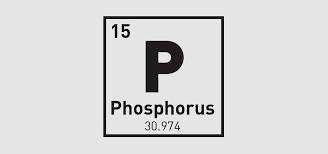
Detailed information about the products of the reaction
Information about H2O (water)
Information about NO2 (nitrogen dioxide)
Information about H3PO4 (Sonac; Phosphoric acid; Orthophosphoric acid; Phosphoric acid hydrogen)
Total rating:
Rating: / 5 star
The equations for preparation HNO3
Catalyst
normal
Temperature
normal
Pressure
normal
Other conditions
normal
Catalyst
normal
Temperature
normal
Pressure
normal
Other conditions
normal
Catalyst
normal
Temperature
normal
Pressure
normal
Other conditions
normal
The equations for preparation P
Catalyst
normal
Temperature
1200
Pressure
normal
Other conditions
normal
Catalyst
normal
Temperature
210 - 250
Pressure
vacuum
Other conditions
normal
Catalyst
normal
Temperature
750 - 850
Pressure
normal
Other conditions
normal
Interesting facts about chemistry you may not know
Interesting facts about hydrogen - the lightest element in the periodic table.
Hydrogen is the first element in the periodic system table. Hydrogen is known to be the lightest of all, the most abundant in the Universe, the essential element for life
View moreInteresting facts about helium
Helium is the first rare gas element in the periodic system table. In the Universe, it ranks second in abundance after elemental hydrogen.
View moreInteresting facts about lithium
Lithium is the alkali metal element, located in the third cell in the periodic table system. Lithium is the lightest of all solid metals and can cut a knife.
View moreInteresting Facts About Beryllium
Beryllium is the lightest alkaline earth metal. Beryllium is found in precious stones such as emeralds and aquamarine. Beryllium and its compounds are both carcinogenic.
View moreInteresting Facts About Carbon
Carbon is the non-metallic element in the sixth cell in the periodic system table. Carbon is one of the most important elements in all life, it is also known as the back.
View more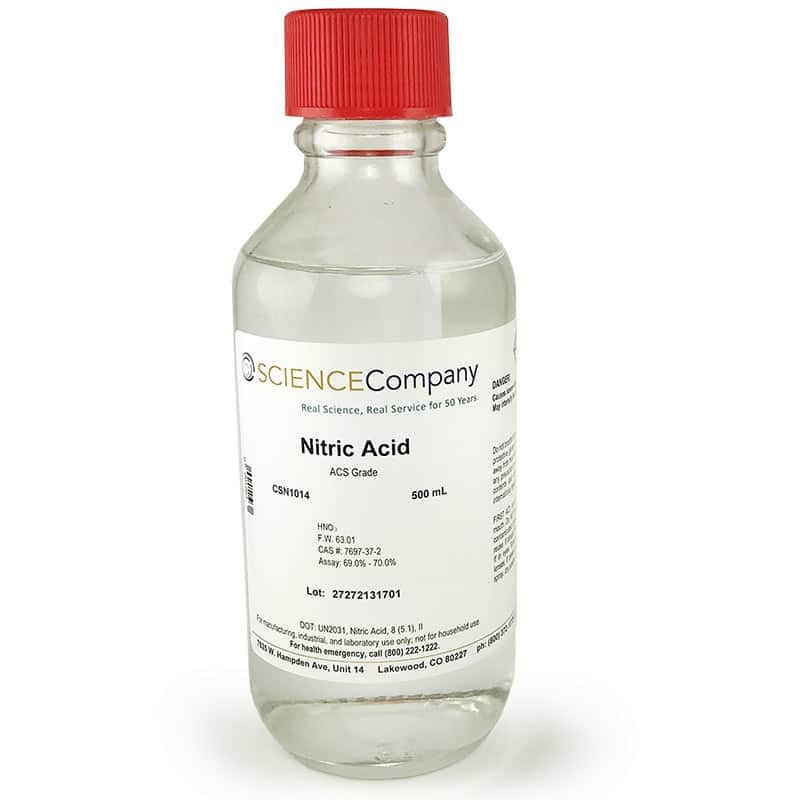
.jpg)
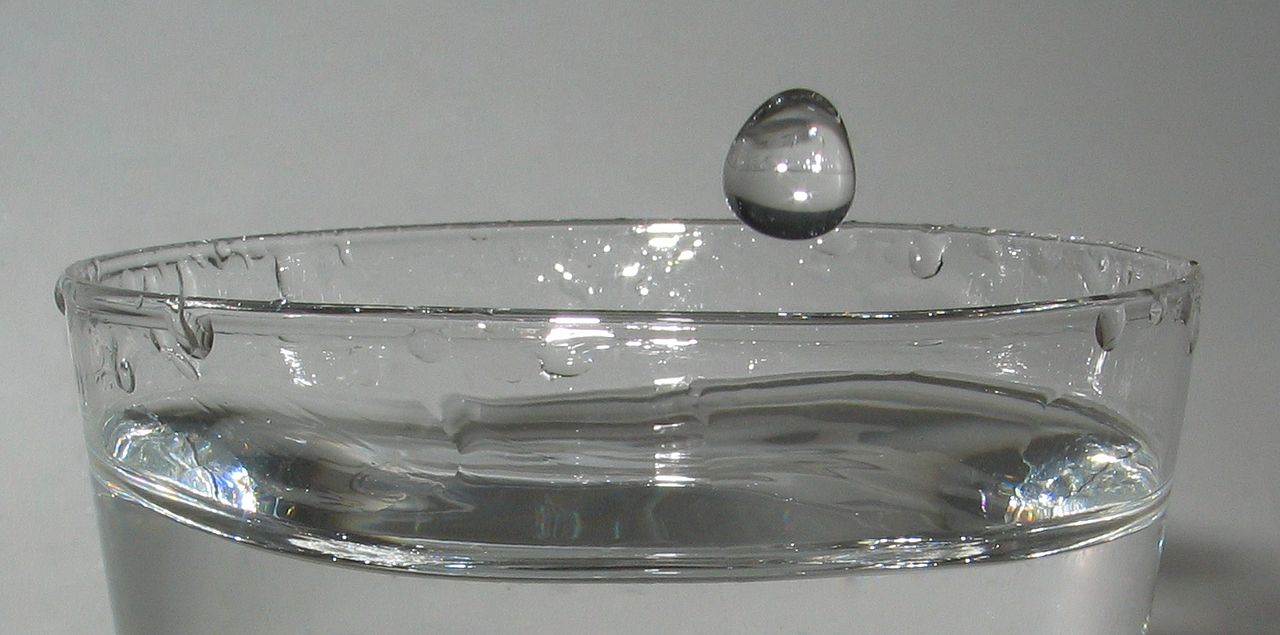
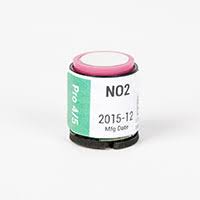
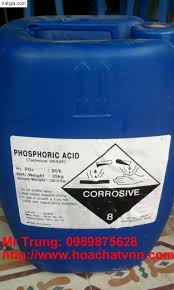
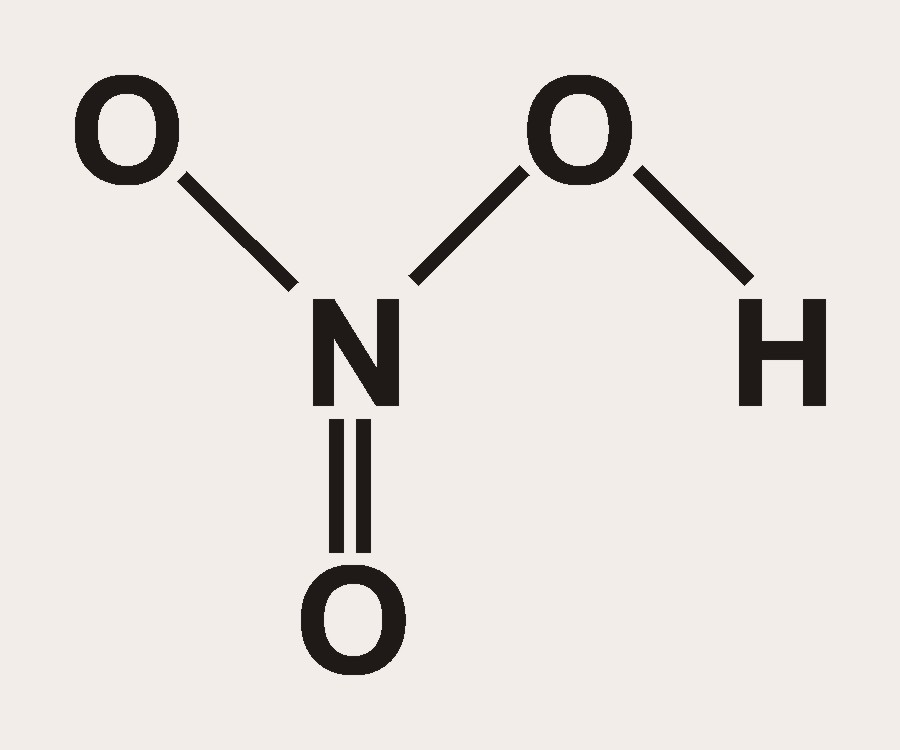
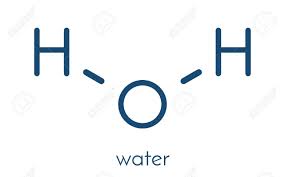
.png)
